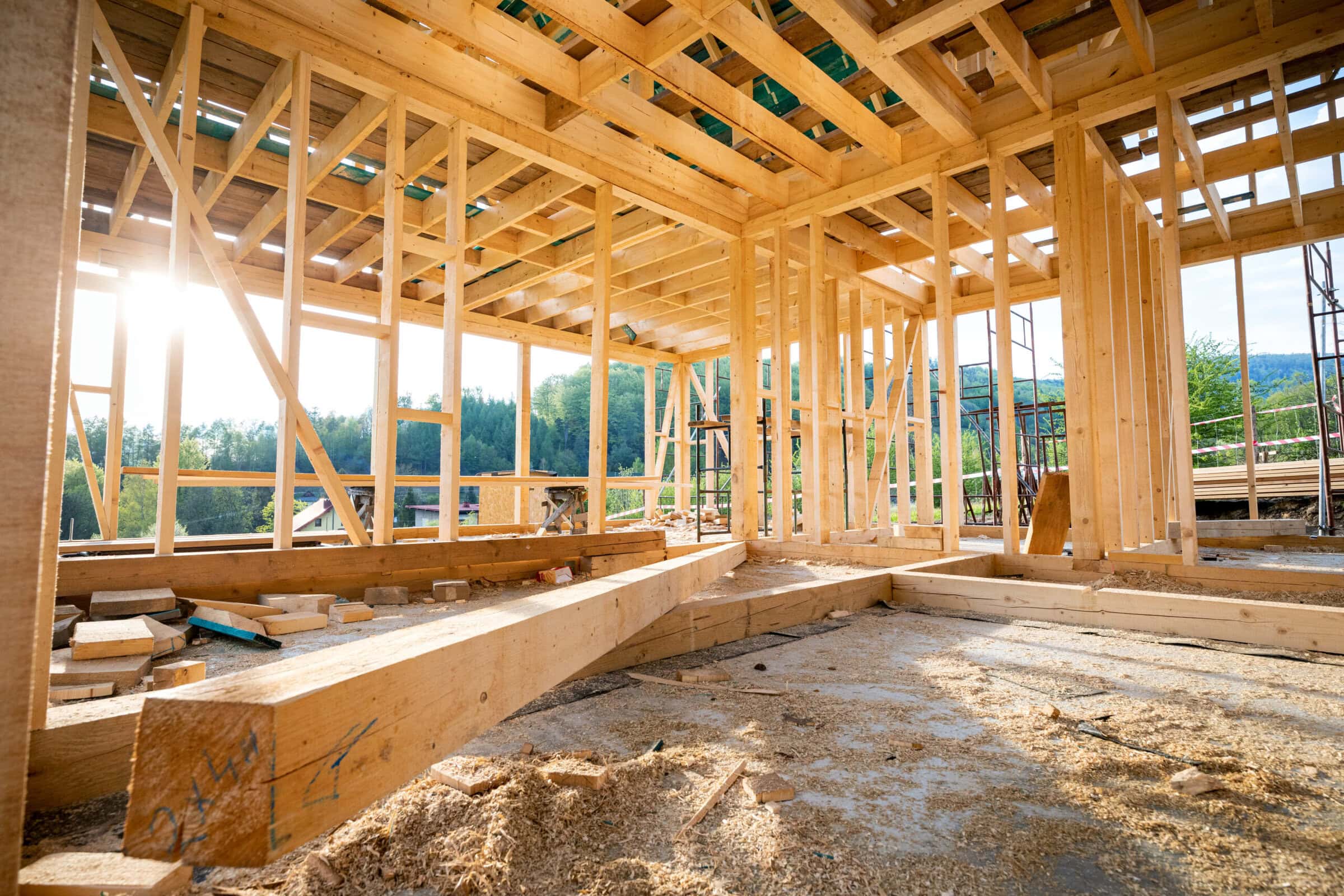Stalled construction jobs are far from unusual. Earlier this year, software developer ConstructConnect’s Project Stress Index indicated that private projects put on hold had more than doubled over the preceding 12 months, rising 110% compared with data from March 2024. If a job you’re working on stalls, make sure your construction business is ready.
Assess your liability
Your liability in such situations generally depends on three factors: 1) the nature of the project, 2) the contract terms, and 3) applicable state and local law.
When negotiating the contract, try to include a provision that spells out each party’s responsibilities and liabilities in the event the job is put on hold. If possible, include language allowing you to perform compensated work to secure the jobsite. Whatever the contract says, work with your attorney to identify your legal rights and determine how to preserve and act on them.
Also, know your insurance coverage. The owner’s builder’s risk policy may cover you, or you might need to buy your own.
Secure the jobsite
For further legal protection, and to position yourself to resume work, secure the jobsite. Potential problems include instability of partially completed structures and corrosion or other damage to building components exposed to the elements. These issues can create dangerous conditions while the project is stalled and generate additional costs when the job starts up again.
If partially completed work is unstable, install temporary structural support or even dismantle the work for later reassembly. Set up temporary but sturdy protection for roofs, windows and other structural elements. Eliminate fire hazards and minimize anything that could cause someone to trip or fall.
To help prevent theft, vandalism and mishaps, ensure the jobsite is well fenced and entryways are gated and locked. Post warning signs and periodically inspect the property if you can.
Communicate with the owner
Try to maintain open lines of communication with the project owner. If the contract includes a provision allowing you to get paid for securing the jobsite, extend a friendly reminder. If it doesn’t, ask the owner to authorize the compensable work under your established change order process.
In the event the owner refuses or can’t afford to finance the work, carefully weigh the costs of proceeding on your own against the potential liability of doing nothing. Even if the owner won’t cooperate, you may be able to recover these costs when the project resumes or through alternative dispute resolution or litigation.
Be prepared
A construction project can be put on hold for many reasons, as you’ve probably experienced. So, abide by the old saying: Hope for the best; be prepared for the worst.
© 2025


